8, January 2020
Yaounde deploys troops to Southern Cameroons ahead of counterfeit polls 0
Cameroon has deployed troops to the restive English speaking regions to ensure security before, during and after next month’s general election.
A contingent of 350 security forces arrived in Buea, headquarters of the Southwest region, Tuesday and were due to be re-deployed to all the six administrative divisions of the region.
Colonel Henry Nchinda, National Gendarmerie Legion Commander for the Southwest, said the forces will be sent to “all parts of the region to ensure the vote takes place hitch-free.”
“We want everybody to go out and vote knowing that the forces are there to protect them,” Col Nchinda told reporters.
Cameroonians will go to the polls on February 9 to elect parliamentarians and municipal councillors amidst threat from armed separatists that the vote will not take place in the English speaking regions that have been rocked by a bloody conflict since 2017.
Separatist leaders have announced a one-week lockdown on the regions beginning February 7 intended to stop the vote from taking place.
Armed separatist fighters have also kidnapped over 30 candidates for the twin elections in the regions in another bid to frustrate the process, promising to release them after the poll.
The latest kidnap was that of the Mayor of the Babessi municipal council in the Northwest region on January 5.
Mayor Issa Chou and four councillors who are seeking re-election were kidnapped and taken to unknown destination according to Mr Momoh Dero, a journalist in the area.
“He was kidnapped in his refugee abode, and despite the sympathy demonstrated by inhabitants of Mambim, he and others are still in captivity,” Mr Momoh told The East African.
The conflict in the English speaking South West and North West regions of the country has since 2017 been a threat to stability in the country. The bloody conflict has left 3,000 people dead, over half a million others internally displaced and 40,000 have been forced into exile in Nigeria, according to relief organisations. The government, however, claims the figures have been inflated.
In his New Year address to the nation, President Paul Biya admitted the security situation in the two English speaking regions remains a major concern.
He maintained the February 9 elections will go on countrywide, including in the troubled areas.
“Security measures have been taken to ensure that all our fellow citizens countrywide exercise their voting rights. Where necessary, such measures will be ramped up. Therefore, I urge all Cameroonians who are registered on the electoral roll to go and vote,” President Biya said in his address.
Culled from The East African




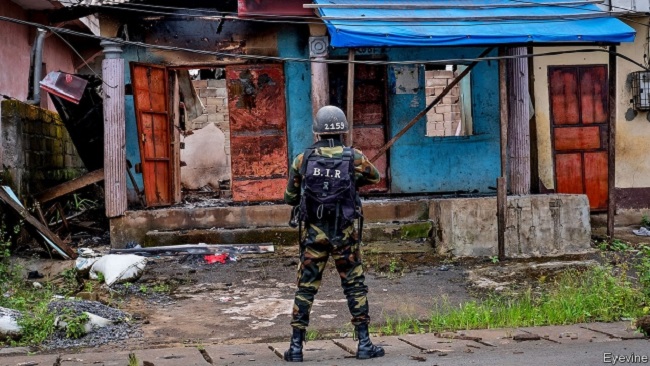
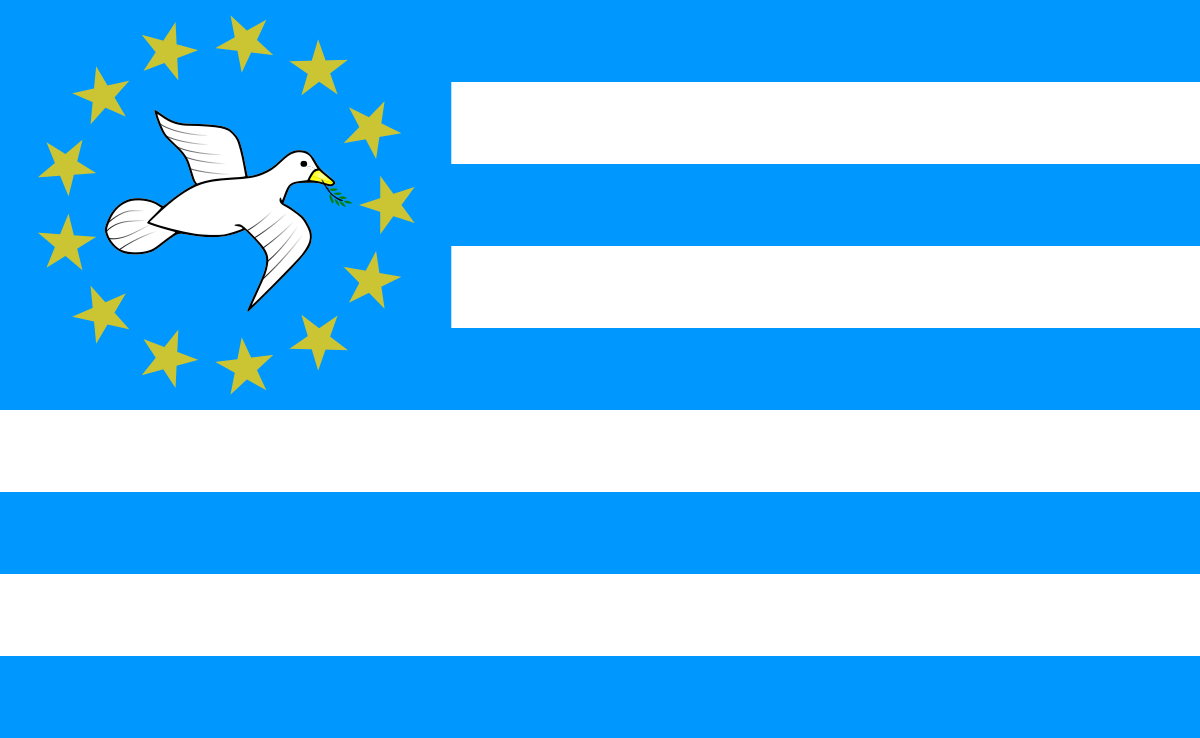
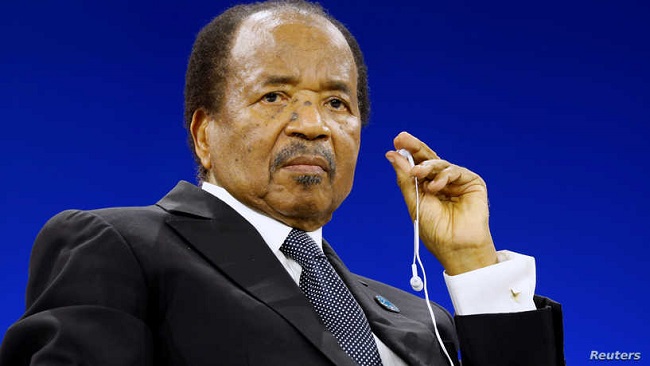


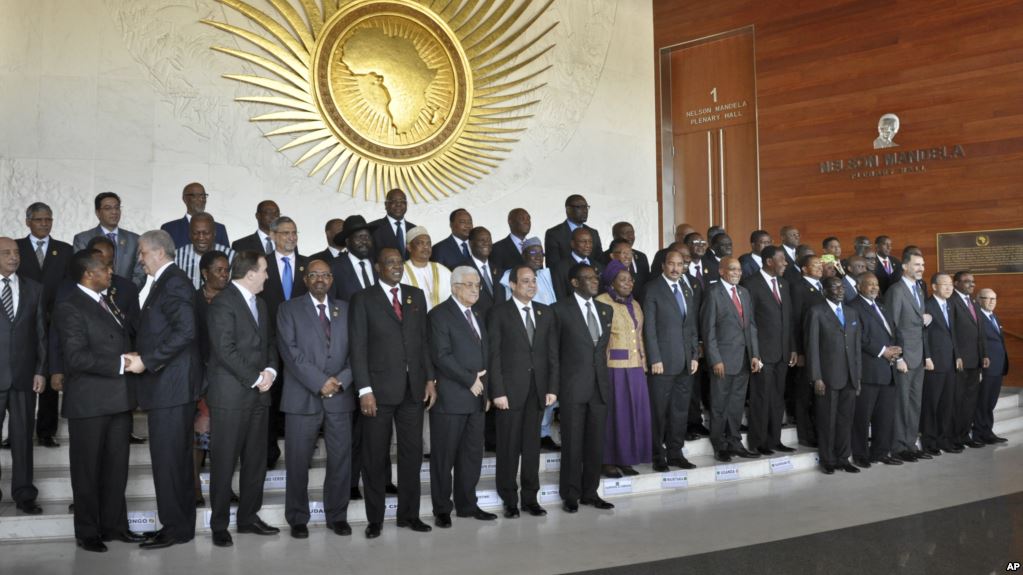
















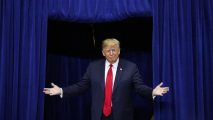
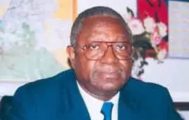
9, January 2020
Persian Gulf: Trump says Iran ‘standing down’ after missile attack 0
US President Donald Trump on Wednesday said Iran appeared to be “standing down” after missile strikes against Iraqi bases that caused no US casualties, indicating there would be no immediate new military response.
In a televised address to the nation from the White House, Trump emphasized that there were “no Americans harmed” in the salvo of missiles aimed at two bases.
While he promised to immediately impose “punishing” new economic sanctions against Iran, Trump welcomed signs that Iran “appears to be standing down” in the tit-for-tat confrontation, signalling that the United States did not plan a new military riposte.
Trump closed his remarks by addressing Iranians directly, saying that he was “ready to embrace peace with all who seek it”.
However, the US president, facing both an impeachment trial in Congress and a tough re-election in November, touted his decision to order the killing of top Iranian general Qassem Soleimani last Friday – the operation that prompted Tehran’s missile strike.
Soleimani, a national hero in Iran, was “the world’s top terrorist” and “should have been terminated long ago”, Trump said.
Although Trump ended his remarks with the call for peace, he opened by stating bluntly that he would never allow Iran to procure a nuclear weapon.
He then urged European allies and other world powers to follow America’s lead in abandoning a teetering international agreement on managing the country’s nuclear ambitions, and negotiate a new one instead.
Revenge ‘another issue’
Iran’s overnight missile strikes targeted the sprawling Ain al-Asad airbase in western Iraq and a base in Arbil, both housing American and other foreign troops deployed in a US-led coalition fighting the remnants of the Islamic State (IS) group.
Iran’s supreme leader, Ayatollah Ali Khamenei, called the missiles a “slap in the face” for the United States and indicated that more was to come.
“An important incident has happened. The question of revenge is another issue,” Khamenei said in a speech broadcast live on state television.
The office of Iraq’s premier said it had received advance warning from Iran that a missile attack on US forces was imminent.
“Iraq rejects any violation of its sovereignty and attacks on its territory,” the statement said, without specifically condemning the missile strikes.
Iraqi President Barham Saleh denounced the missile attack, warning against attempts to turn Iraq into a “battlefield for warring sides”.
‘Proportionate measures’
The brazenness of the strike was highly unusual for Iran, which has tended to disguise attacks on US interests or troops through its use of proxy Shiite forces.
“Ballistic missiles openly launched from Iran onto American targets is a new phase,” said Phillip Smyth, an expert on Shiite militias.
But as the dust settled, it appeared that Iran’s strike – coming soon after the burial of Soleimani at a funeral in front of vast crowds – might have been more symbolic than anything.
Iran’s Revolutionary Guards Corps warned any US counter-attack would be met with an even “more crushing response” and threatened to strike Israel and America’s “allied governments”.
However, Foreign Minister Mohammad Javad Zarif seemed to indicate that Iran was satisfied for now.
“Iran took and concluded proportionate measures in self-defence,” Zarif said on Twitter.
Sadr calls for restraint
The strikes sparked worldwide condemnation, including from NATO, Germany, France and the UK.
France said its forces deployed in Iraq sustained no casualties while the UK was concerned about “reports” of victims as British troops are stationed there. The Norwegian military said coalition troops were warned of the attack in advance through intelligence channels.
The apparent de-escalation did not remove pressure from approximately 5,200 US troops stationed across Iraq, where Iran has close links to powerful armed Shiite militias.
And Iranian allies in the country said they still intend to take revenge for Friday’s US attack in which top Iraqi paramilitary commander Abu Mahdi al-Muhandis was killed alongside Soleimani.
Paramilitary chief Qais al-Khazali – blacklisted as a “terrorist” by the US – said his side’s response to the United States ” will be no less than the size of the Iranian response.”
Influential Shiite cleric Moqtada al-Sadr said the crisis Iraq was experiencing was “over” following de-escalation rhetoric from both Iran and the US, calling on militia groups not to carry out attacks.
“I call on the Iraqi factions to be deliberate, patient, and not to start military actions, and to shut down the extremist voices of some rogue elements until all political, parliamentary and international methods have been exhausted,” he said.
(FRANCE 24 with AFP)